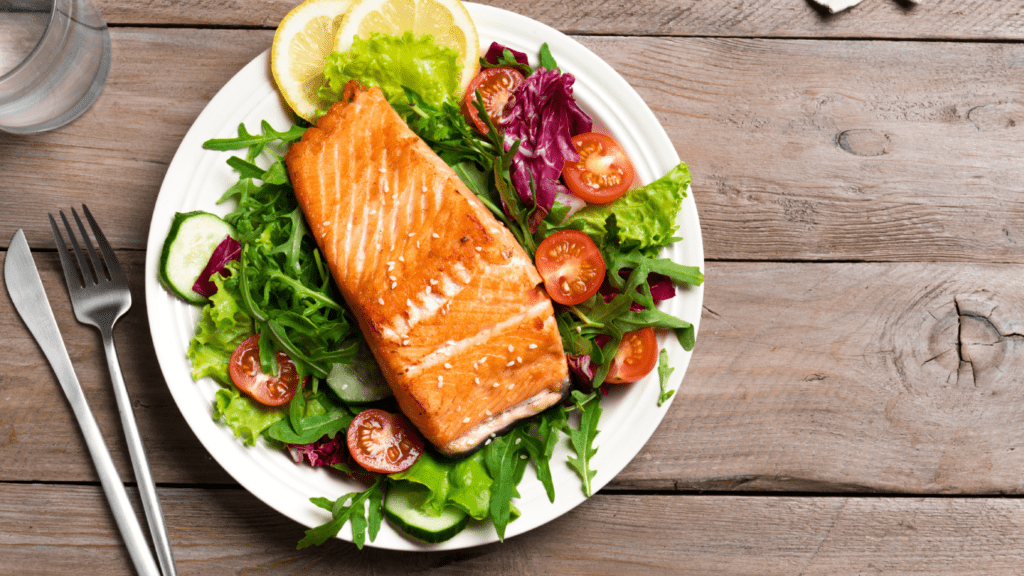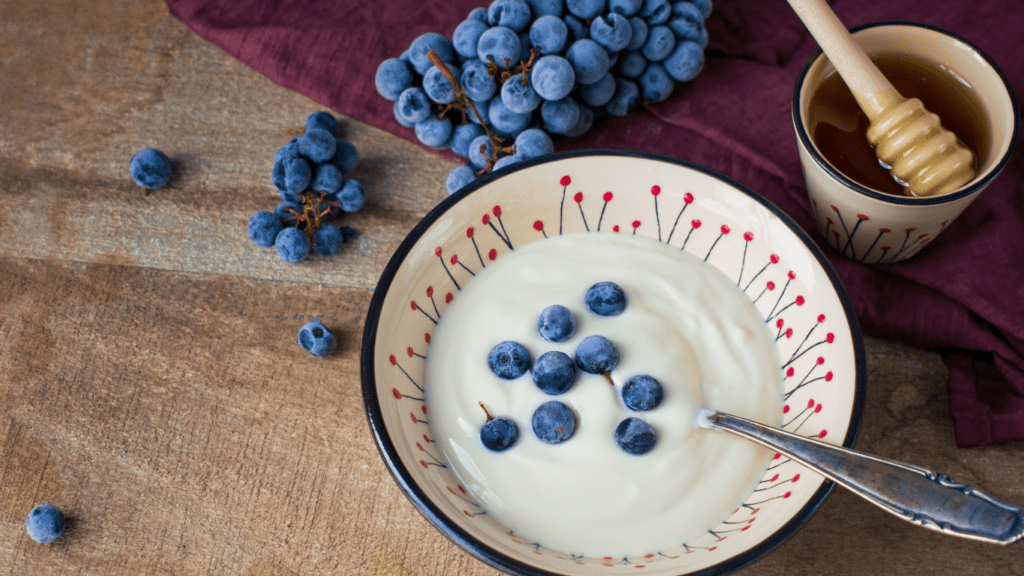Importance Of Superfoods In Athletic Performance
Superfoods can play a crucial role in boosting an athlete’s performance by enhancing essential bodily functions. These nutrient-dense foods deliver vitamins, minerals, and antioxidants in concentrated doses, ensuring that athletes get the nutrients needed for peak performance. They can help improve energy levels due to their rich nutritional profiles. For instance, chia seeds and quinoa are powerhouses packed with proteins and carbohydrates. Through these dense nutrients, athletes can sustain energy throughout intense training sessions.
Recovery times can be significantly shortened with the right superfoods, as they’re rich in anti-inflammatory agents. Foods like berries and leafy greens can reduce muscle soreness and accelerate the repair process, promoting quicker recovery after workouts. While training taxes the body’s resources, these superfoods replenish and support bodily repair.
Optimal nutrient intake can be the difference between good and great performances. The consistent inclusion of superfoods such as:
- oily fish (rich in omega-3 fatty acids)
- nuts
- seeds
provides the essential fats athletes need for joint health and brain function. These components are pivotal in performance as they support endurance and concentration—all critical aspects in competitive sports. This nutritional strategy ensures that athletes operate at their highest potential levels while fostering long-term health.
Criteria For Selecting Superfoods
I determine the most effective superfoods for athletes by evaluating critical criteria grounded in nutrition science. Nutrient density is paramount; foods must provide high levels of essential vitamins, minerals, and antioxidants per calorie. Without this, the food wouldn’t support the intense energy and recovery needs athletes face.
Antioxidant content is another key factor. Superfoods should contain antioxidants to combat oxidative stress from rigorous training. This reduces inflammation and speeds up recovery.
Versatility is crucial. An ideal superfood is easily incorporated into various meals and accommodates different dietary preferences. If a superfood lacks this flexibility, its practical use in an athlete’s diet diminishes.
Finally, accessibility matters. Even the most nutrient-rich food is ineffective if access is limited or it’s prohibitively expensive. Frequent consumption hinges on availability and reasonable cost.
Top 10 Superfoods Athletes Should Adopt

Athletes who want to enhance their performance and recovery might look to superfoods for help. I’ve highlighted ten powerhouse foods, each offering unique benefits.
Chia Seeds
Chia seeds pack a punch with high protein and omega-3 fatty acids. They aid in sustaining energy levels during long workouts. Adding a tablespoon to smoothies or oatmeal provides an immediate energy boost.
Quinoa
Quinoa delivers complete protein and essential amino acids. Its rich carbohydrate content is ideal for replenishing glycogen stores post-exercise. A favorite among vegetarians, it enhances recovery by incorporating it into salads or stir-fries.
Kale
Kale offers antioxidants, like vitamins A and C. These nutrients combat exercise-induced stress. Including kale in salads or smoothies supports immunity and reduces inflammation.
Salmon
Salmon is loaded with omega-3 fatty acids, promoting joint health and easing inflammation. Consuming salmon twice a week supports muscle recovery and cognitive function.
Blueberries
Blueberries supply antioxidants that aid in muscle repair. They neutralize free radicals from physical exertion. A handful makes a great post-workout snack, offering sweet recovery benefits.
Beets
Beets are rich in nitrates, enhancing blood flow and stamina. They naturally boost endurance. Drinking beet juice pre-workout maximizes performance outcomes.
Nuts And Seeds
Nuts and seeds, like almonds and flaxseeds, offer healthy fats and protein. These nutrients help sustain energy levels during endurance sports. Incorporate them into snacks or meals for a nutrient-dense energy source.
Sweet Potatoes
Sweet potatoes provide complex carbohydrates and dietary fiber. These elements ensure steady energy during training sessions. Baked or mashed, they make a nutritious accompaniment to meals.
Spinach
Spinach contains iron and vitamins, boosting oxygen supply to muscles. This leafy green supports stamina and reduces fatigue. Add it to salads or omelets for an iron-rich option.
Greek Yogurt
Greek yogurt is a source of probiotics and high-quality protein. It aids muscle repair and digestive health. Consuming it before bed can support muscle recovery overnight.
Benefits Of Incorporating Superfoods
Superfoods provide athletes with exceptional nutritional advantages. They help enhance performance and recovery through their unique properties.
Enhanced Energy Levels
Superfoods boost energy by delivering the essential nutrients athletes need. Chia seeds and quinoa offer high protein and complex carbohydrates, maintaining energy during prolonged training sessions. Nuts and seeds supply healthy fats crucial for sustained physical exertion. Sweet potatoes are rich in complex carbohydrates, offering a steady supply of glucose, the body’s primary energy source.
Improved Recovery Time
Reducing recovery time is crucial for athletes, and superfoods play a key role. Berries and leafy greens contain antioxidants that minimize muscle soreness by combating inflammation. Omega-3-rich fish like salmon aid joint health while supporting tissue repair. Greek yogurt provides probiotics and protein, fostering muscle recovery and digestive health.
Practical Tips For Including Superfoods In Your Diet
- Start small and focus on incorporating one or two superfoods into daily meals. For instance, add chia seeds to morning smoothies or mix quinoa into salads for a protein boost. Keep it manageable to ensure consistency.
- Choose versatile superfoods that fit easily into various dishes. Spinach can blend into smoothies or soups, while berries make a great topping for yogurt or oatmeal. This flexibility helps maintain interest and variety.
- Plan meals ahead to ensure a balanced intake of nutrients. Incorporate salmon for its omega-3 benefits in a lunch or dinner menu a few times a week. Use meal planning to streamline grocery shopping and stick to the diet plan.
- Utilize meal prep techniques to simplify superfood integration. Cook sweet potatoes in bulk for easy access to this complex carbohydrate. Pre-wash and store leafy greens like kale in airtight containers for convenient use.
- Experiment with recipes to make superfoods more enjoyable. Try beet smoothies or incorporate nuts into homemade granola bars. Creativity in cooking can make incorporating these foods a fun experience.
- Maintain accessibility by selecting in-season superfoods where possible. Fresh berries and vegetables not only taste better but stay cost-effective. This ensures regular availability and keeps the diet sustainable.
- Track your performance and adjust superfoods based on personal needs. Monitor energy levels and recovery to find the right balance of nutrients. Personalization aids in maximizing the diet’s beneficial effects.





